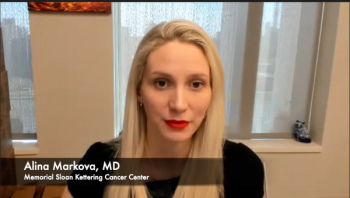
Alina Markova, MD, discusses the rationale for assessing topical ruxolitinib INCB018424 phosphate 1.5% cream in patients with non-sclerotic and superficially sclerotic chronic cutaneous graft-versus-host disease.

Your AI-Trained Oncology Knowledge Connection!


Alina Markova, MD, discusses the rationale for assessing topical ruxolitinib INCB018424 phosphate 1.5% cream in patients with non-sclerotic and superficially sclerotic chronic cutaneous graft-versus-host disease.
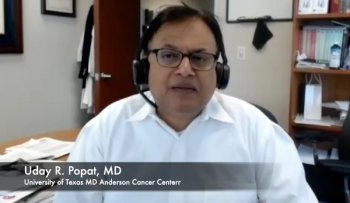
Uday R. Popat, MD, spoke about the decision to use post-transplant cyclophosphamide vs tacrolimus plus methotrexate to prevent graft-vs-host disease.

Alina Markova, MD, highlights important findings from a study assessing topical ruxolitinib INCB018424 phosphate 1.5% cream as a treatment for non-sclerotic and superficially sclerotic chronic cutaneous graft-versus-host disease.

Nina Shah, MD, spoke about her key takeaways from a sub-analysis of the phase 2 KarMMa trial assessing correlates of complete response among those treated with idecabtagene vicleucel in relapsed/refractory multiple myeloma.

Nina Shah, MD, spoke about analyzing correlates of complete response in patients with relapsed/refractory multiple myeloma who were treated with idecabtagene vicleucel.
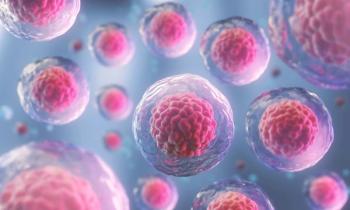
JSP191 plus fludarabine and low-dose total body radiation to target CD117 was a safe strategy to induce facilitation of full donor myeloid chimerism and clear minimal residual disease in older patients with myelodysplastic syndrome and acute myeloid leukemia receiving non-myeloablative allogenic hematopoietic cell transplantation.

Patients with chronic graft-vs-host disease who were administered full series of the SARS-CoV-2 vaccine displayed varied immune responses, regardless of baseline characteristics.
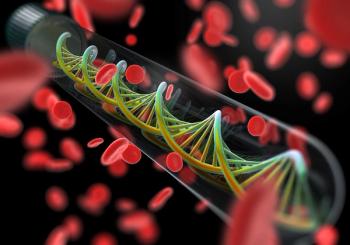
Patients with hematologic cancer experienced a low incidence of chronic graft-versus-host disease after receiving a regimen consisting of myeloablative hematopoietic cell transplantation and total body irradiation plus prophylactic post-transplant cyclophosphamide, tacrolimus, and mycophenolate mofetil.
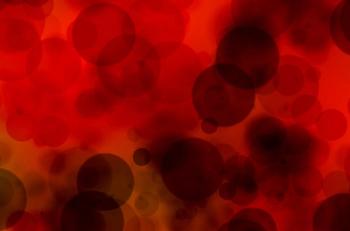
Transplants from a matched sibling donor were superior to haploidentical stem cell transplant in terms of 2-year survival in patients with relapsed/refractory acute lymphoblastic leukemia.

In the phase 1b EQUATE trial, patients with acute graft-versus-host disease had decreased levels of cell-surface CD6 when treated with itolizumab.

High rates of hematopoietic cell transplantation were observed in patients with relapsed/refractory acute myeloid leukemia who received 131-iodine conditioning in the phase 3 SIERRA trial.

Serious graft-versus-host disease may be prevented with the prolonged use of ruxolitinib after hematopoietic cell transplantation.
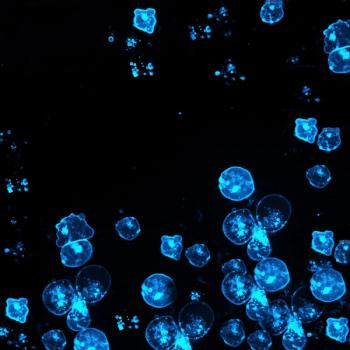
A comparison of axicabtagene ciloleucel and tisagenlecleucel for patients with follicular lymphoma yielded comparable outcomes.

Treatment with several CAR T-cell products resulted in notable responses without an increase in cytokine release syndrome or neurotoxicity in large B-cell lymphoma with central nervous system involvement.

At the 2022 Tandem Meetings, Nina Shah, MD, spoke about key findings from the phase 2 KarMMa trial that used idecabtagene vicleucel in patients with relapsed/refractory multiple myeloma.

Topical ruxolitinib cream resulted in benefit to patients with cutaneous chronic graft-vs-host based on results of a trial that were presented at the 2022 Tandem Meeting.

The phase 2 KarMMA trial showed that certain characteristics were potentially linked to complete responses in patients with multiple myeloma.
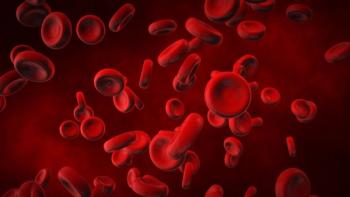
Findings from the phase 2 CARITUDE-2 trial which investigated ciltacabtagene autoleucel in patients with multiple myeloma indicated that a single infusion produced deep responses.

The use of axicabtagene ciloleucel for relapse/refractory indolent non-Hodgkin lymphoma continued the duration of response during the follow-up of the phase 2 ZUMA-5 trial.
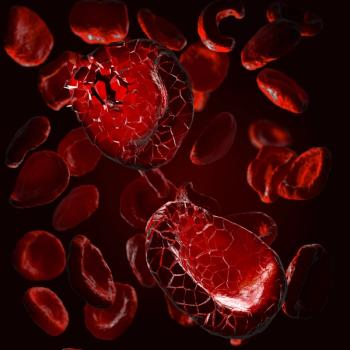
Patients with relapsed/refractory large B-cell lymphomas experienced durable responses to treatment with lisocabtagene maraleucel.
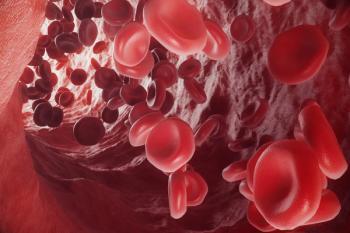
Findings from a phase 1 study indicate that belimumab could be a safe prophylactic option to prevent chronic graft-versus-host disease in adult patients undergoing allogenic transplant.

Findings from a phase 2 clinical trial identified a differentially expressed gene profile in those diagnosed with nonsclerotic and superficially sclerotic chronic graft-vs-host-disease who responded to topical ruxolitinib.

A phase 2 trial reported a reduction in steroid-refractory chronic graft versus host disease and prednisone use following treatment with abatacept after stem cell transplant.
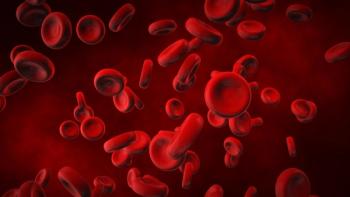
The long-term overall survival rate yielded by axicabtagene ciloleucel appeared to support 1- and 2-year event-free survival as a surrogate end point in relapsed/refractory large B-cell lymphoma.
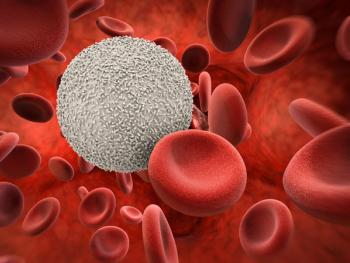
Patients with high-risk large B-cell lymphoma experienced potent, long-term responses following treatment with axicabtagene ciloleucel in the first line.